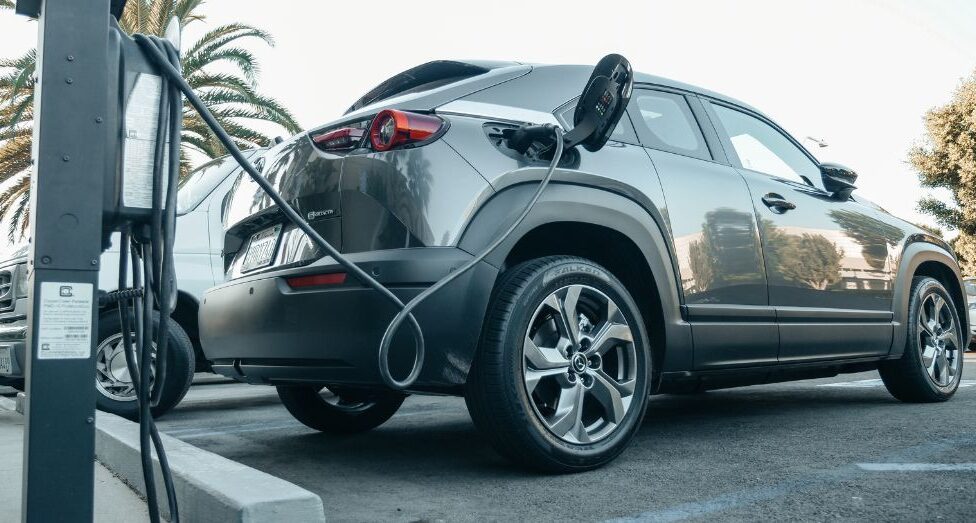Real World Driving is Better for EV Batteries
Lab testing of products is usually fairly accurate, and often when you get a product into the real world, it doesn’t perform as well as it did in the lab. But, this is not the case for the batteries you have in your electric SUVs. Surprise! Real-world driving is better for EV batteries!
Under the Hood of the New EV Battery Study
A new study was recently done by scientists in the SLAC-Stanford Battery Center. This center is a joint venture between Stanford University’s Precourt Institute for Energy and the SLAC National Accelerator Lab.
They found that batteries used real-world conditions such as heavy traffic, short trips in the city, and even long highway trips lasted longer than the batteries that were originally tested in the lab. In the lab, they simulated use by creating a constant rate of discharge and then recharging.
What Did the SLAC-Stanford Battery Center Do?
The SLAC-Standford Battery Center conducted their test differently than the previous battery tests. They replicated real-world conditions and driving patterns by designing different discharge patterns based on real data. They tested 92 lithium-ion batteries for over two years using a variety of different scenarios such as electronic starting and stopping, to mimic real conditions.
What Did They Find?
Once batteries were being used out in real driving conditions, including long periods of being parked, they realized that the way they were testing the batteries in the lab was not a good way to predict the life expectancy. Other driving habits such as frequent acceleration, braking the charges the battery, and letting the battery rest for several hours such as overnight, helps them last up to 40 percent longer.
So What Does This Mean for EV Drivers?
What does this pleasant surprise mean for people who already drive electric vehicles or are looking into buying electric SUVs? It means that EV drivers could save a significant amount of money in the long run.
One of the things that was holding some car buyers back from choosing an EV over a gas vehicle was the idea that they would have to replace the battery, Now, they can feel more comfortable with the idea of an EV, knowing that the replacement is many years down the road. Batteries that last longer help reduce the overall cost of owning an EV.
What Affects Battery Life
EV batteries can last 10 or 20 years, but there are many things that can have an effect on how long they last. One of the biggest factors is battery chemistry. There are two main types of batteries found in EVs: lithium-ion and nickel-metal hydride. Most EVs have lithium-ion batteries.
In addition to the type of battery, the environmental conditions can impact its lifespan. Extreme heat and cold can affect the chemical process. DC fast charging is another factor that can affect battery life. Frequent use is linked to faster degradation.

